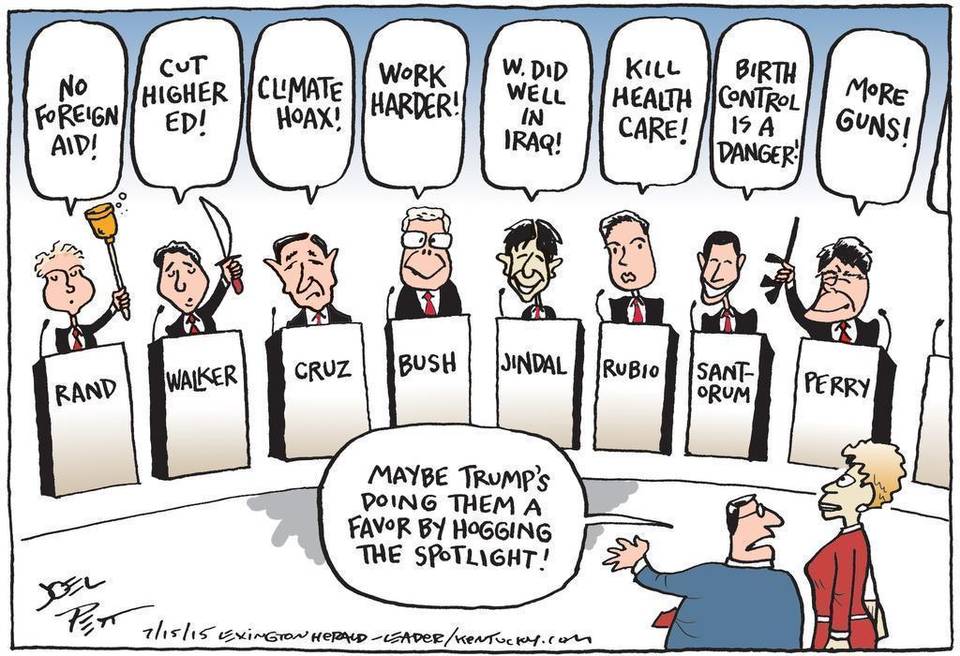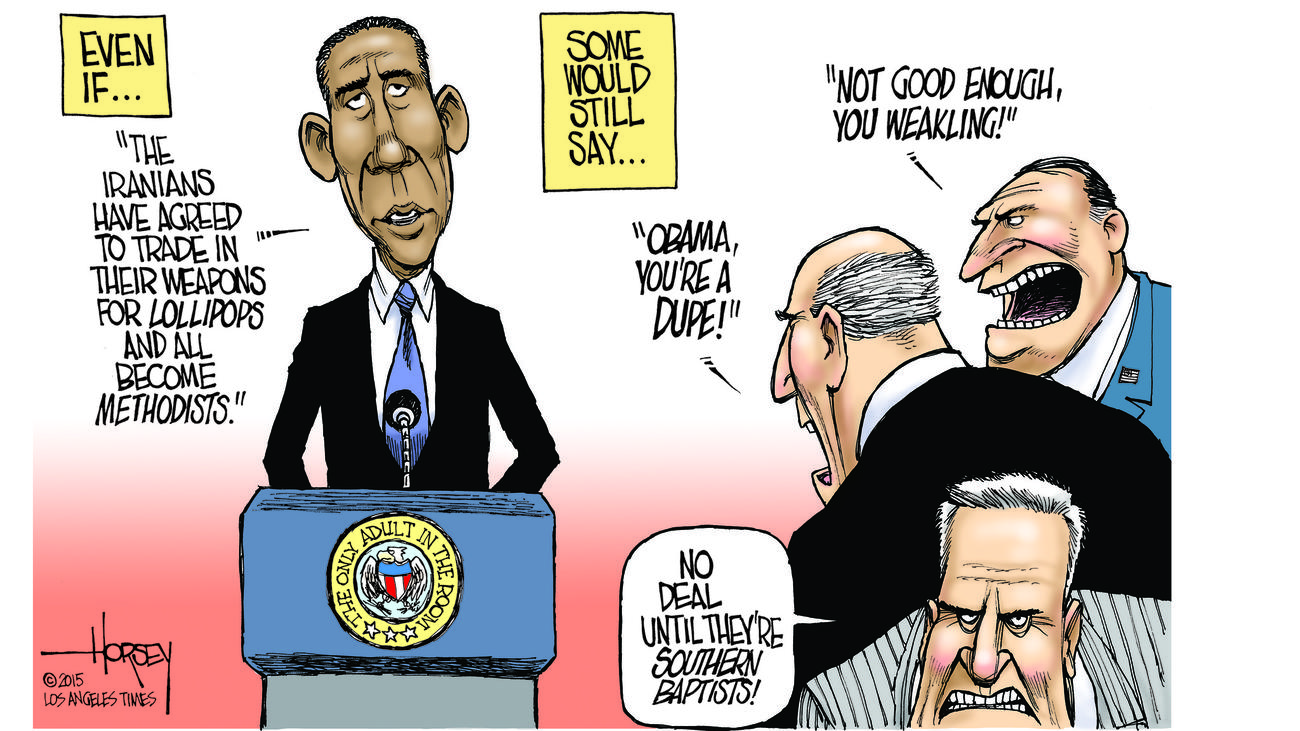What is our grand strategy in the Middle East? Do we have a strategy at all?
We are now escalating our military role in Yemen. The USS Roosevelt battle group is deploying from the Persian Gulf to the northern Arabian Sea to….do what?
Both the US and Iranian navies have now sent ships to the waters around Yemen, where a Saudi-led coalition has been bombing rebel targets since March. The press says the Iranians are bringing weapons to the Houthi rebels in Yemen; the Iranians say they are not. This sets up a scenario that can lead to miscalculation, like we saw in 1988, when US officials said they were trying to keep shipping lanes open, and a fight between Iran and the US wiped out half of the Iranian Navy.
Traditionally, we say that our Navy ensures freedom of the sea. So, are we again ensuring the freedom of the sea in the Bab al-Mandab Strait? Who threatens freedom of passage there?
Since 1980, US forces have invaded, occupied or bombed 14 countries in the Islamic world, and American soldiers have killed, or been killed, in them. Here’s the list:
Iran (1980, 1987-1988), Libya (1981, 1986, 1989, 2011), Lebanon (1983), Kuwait (1991), Iraq (1991-2011, 2014), Somalia (1992-1993, 2007-present), Bosnia (1995), Kosovo (1999), Saudi Arabia (1991, 1996), Afghanistan (1998, 2001-present), Sudan (1998), Yemen (2000, 2002-present), Pakistan (2004-present) and Syria (2014-present).
What is the outcome of our intervention in the Middle East? We should look at what we have accomplished in the Middle East, and what our sustained war footing has cost us.
Are Middle East nations more favorable to us? Are we more secure at home?
What of the millions of internally displaced persons and refugees in the Middle East? Estimates are that 3.1 million refugees are living outside their countries, while 13.1 million are displaced within Iraq and Syria alone.
A Brookings report, Arab Youth: Missing educational foundations for a productive life concluded that the percentages of primary school students who did not meet basic learning levels (average of numeracy and literacy) in 2011 was:
Around 90% in Yemen, 77% in Morocco, 69% in Kuwait and 63% in Tunisia. The best performers, with 30-40% of non-learning students, were Bahrain, the UAE, and Saudi Arabia, though in wealthy Qatar…over 53% of children at the secondary level were not learning.
It can’t have gotten better since 2011. These are flashing red lights. These tens of millions of uneducated young Arabs will prove to be homemade weapons of mass destruction, some directed at us. These young men and women cannot look forward to employment or meaningful roles in their societies. They are the feedstock for armed groups, criminal cults, and extremist militias, as we see in Iraq, Yemen, Syria, Sudan, and Libya.
Here is the transformational idea: It is time we move away from US military intervention in the Middle East. Since it has failed us as a primary means of US policy, let’s change direction.
Let America keep a forward military position in the region, but we should stop bombing, shooting and droning. The National Priorities Project estimates that we have spent $1.6 Trillion on ME wars since 2001.
Instead, let’s use a big slice of that money to become the primary supplier of humanitarian and educational aid to the refugees and displaced people in the Middle East. We should position ourselves as a positive force for change among many millions of Muslims, and not be just another country in a long line of crusading infidels.
We can’t use military might to bring stability wherever it’s needed. We can’t remake parts of the world in our image, and the world doesn’t want us to even try to do so.
America has many fine attributes, but there is a naïve and possibly ignorant side of the American psyche that gets us into trouble. It is the myth of American exceptionalism. It bleeds into our politics, our popular culture, and much of our military. It makes us very hard to like in the ME.
Mr. Obama decided that we should try something different in Cuba, when 50 years of doing the same thing didn’t produce results.
Well, we have been doing the same thing in the Middle East for at least 60 years. In 1953, Iran’s military, financed by the CIA, overthrew Prime Minister Mossadeq. The Shah took power and, as thanks for the American help, signed over 40% percent of Iran’s oil fields to US companies. You know the rest of the Iran/US story.
Let’s try something different in the Middle East.
(This is the third in an occasional series about transformative ideas. You can read the first about capitalism here and the second about restoring the military draft, here)













